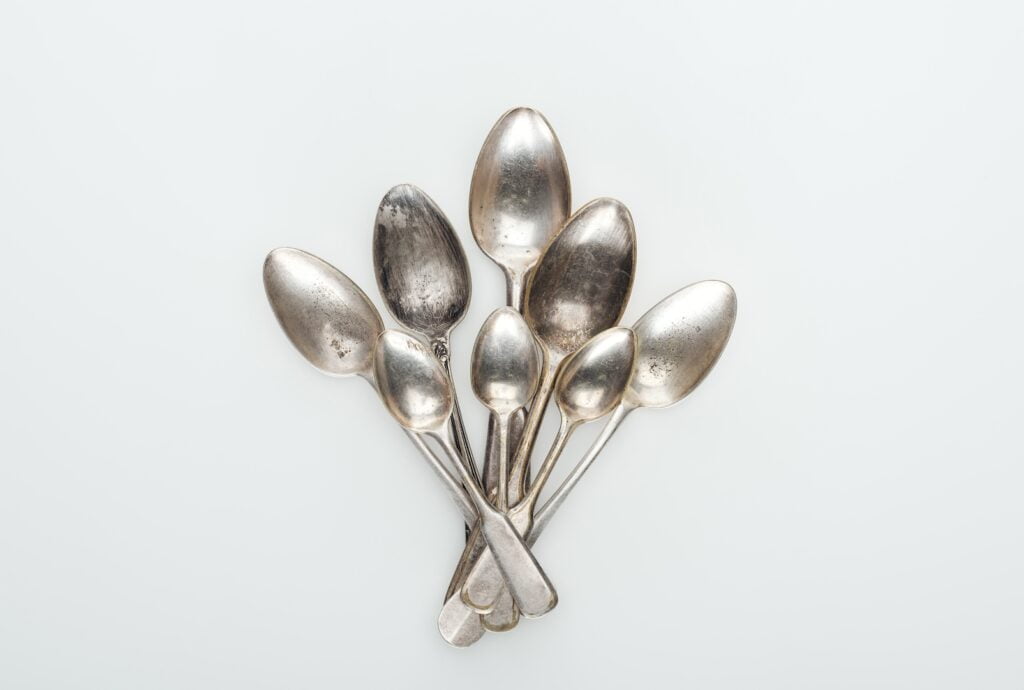The Spoon Theory is a metaphor used to describe the limited energy and resources available to people with chronic illnesses. It was created by Christine Miserandino to explain to a friend what it’s like to live with lupus, but it has since been widely adopted by people with various chronic conditions. Here’s an overview of the Spoon Theory and how it relates to chronic illness:
The Spoon Theory Explained
- Spoons as a Unit of Energy:
- In the Spoon Theory, “spoons” are used as a metaphor for units of energy. A person without a chronic illness might have an unlimited number of spoons each day, representing their ample energy and ability to perform daily tasks without much thought.
- Limited Spoons for Chronic Illness Sufferers:
- People with chronic illnesses start each day with a limited number of spoons. Each activity they do throughout the day requires a certain number of spoons.
- Making Choices and Prioritizing:
- With only a limited number of spoons, people with chronic illnesses must make careful choices about how they use their energy. Basic tasks like getting out of bed, showering, or cooking might each cost a spoon. More strenuous activities might cost even more.
- Running Out of Spoons:
- When the spoons are gone, they’re gone. If someone with a chronic illness uses up all their spoons, they can’t do anything else without feeling extreme fatigue or pain. This may force them to rest or recover for a significant amount of time.
Implications of the Spoon Theory
- Energy Management: The Spoon Theory helps illustrate why people with chronic illnesses often need to plan their days carefully, balancing activities and rest to avoid overexertion.
- Understanding and Empathy: It provides a tangible way for people without chronic illnesses to understand the daily challenges faced by those with chronic conditions.
- Communication Tool: It serves as a useful communication tool for explaining limitations to friends, family, and colleagues, helping them understand why certain activities might be impossible or require more time and effort.
Practical Tips for Using the Spoon Theory
- Track Your Spoons: Keep a daily journal to track how many spoons you use for different activities. This can help you plan your days better.
- Prioritize Tasks: Focus on the most important tasks first, and delegate or eliminate less critical ones if you’re running low on spoons.
- Rest and Recharge: Schedule regular rest periods to conserve spoons and recover energy throughout the day.
- Communicate Your Needs: Use the Spoon Theory to explain your energy limitations to others, asking for help or understanding when needed.
Further Reading
- But You Don’t Look Sick: Christine Miserandino’s original article explaining the Spoon Theory.
- Spoon Theory and Chronic Illness: Healthline article on how the Spoon Theory applies to various chronic conditions.
The Spoon Theory is a powerful metaphor that resonates with many people living with chronic illnesses, offering a way to articulate their daily struggles and manage their energy more effectively.



